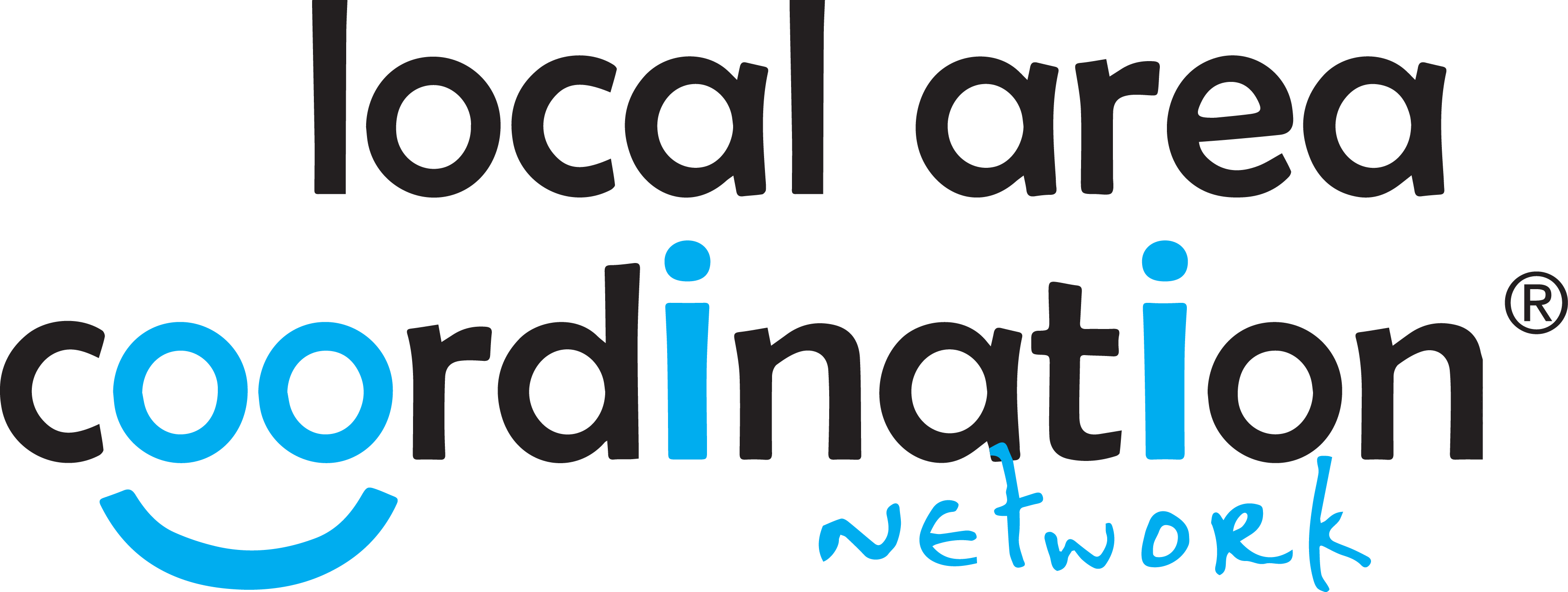- Bird boxes and communities: Hugh and Janet’s story
- How Local Area Coordination in Haringey is positively influencing change in the wider system
- Leading the lives we want to lead
- and much more…
A note from Nick
Happy new year to you and thanks for stopping by to check out this month’s Local Area Coordination Network Newsletter. Thanks as always to Rachel for compiling such an interesting collection of resources and articles. We hope you enjoy!
Keen readers of our newsletter will recall that last year I used this space to reflect on one of the principles of Local Area Coordination each month. This year I am going to reflect on some of the common challenges, or perhaps I should say opportunities, that present themselves in the world of Local Area Coordination. To start with I am focussing on the issue of “fixing” and how we might avoid it in Local Area Coordination.
At the end of last year, our Network received an early Christmas present in the form of something called Safe Waiting, a reflective learning resource developed by Dave Oliffe, a Local Area Coordinator from Derby and Rachel Tait our Network Coordinator. Safe Waiting is essentially Dave’s way of explaining the approach he takes in Local Area Coordination, one that is mindful of the principles and one that recognises that everyone he is alongside is resourceful. His reflections were brought to life through a series of animations thanks to Rachel’s impressive creative talents. In Safe Waiting Dave reflects on how Local Area Coordinators are sometimes offered invitations from the people they are alongside to “fix” their issues for them. Dave suggests that it is at this point that Local Area Coordinators are offered a choice in how they respond. One route would be to accept these invitations and do something for or to that person. Whilst this might offer a temporary resolution, the likely outcome is a relationship that is out of power balance, characterised by further fixing and possibly unhealthy and unsustainable dependency. The other choice, Dave says, is to offer a counter invitation to go on a journey of discovery together where the person seeking help ultimately reconnects with their resources and capabilities and identifies their own long term, natural and sustainable solutions. Of course, this doesn’t mean that we should overlook, ignore or dismiss the urgency and painful situations people are often facing in their lives. Sometimes we all need a little bit of hands on help and support to get through difficult times, but the question is how do we do that and not let it frame the rest of the relationship in such a dynamic?
Fixing can happen easily, and sometimes unconsciously, unless the Local Area Coordinator has intentional strategies in place to avoid it. There are many tools in the kit that can be drawn upon to reduce the likelihood of it happening, but perhaps the most important one is regularly reflecting on the reasons we might end up fixing. These can be either internal and external reasons and pressures, but are different for each us and each context. Ralph Broad, the founder of the Local Area Coordination Network, often reflects that every Local Area Coordinator has a story where they’ve done too much for someone. My hope is this year we can surface more of those stories with bravery and candour and use them as helpful learning opportunities to grow and develop together.
Thank you,
Nick Sinclair
